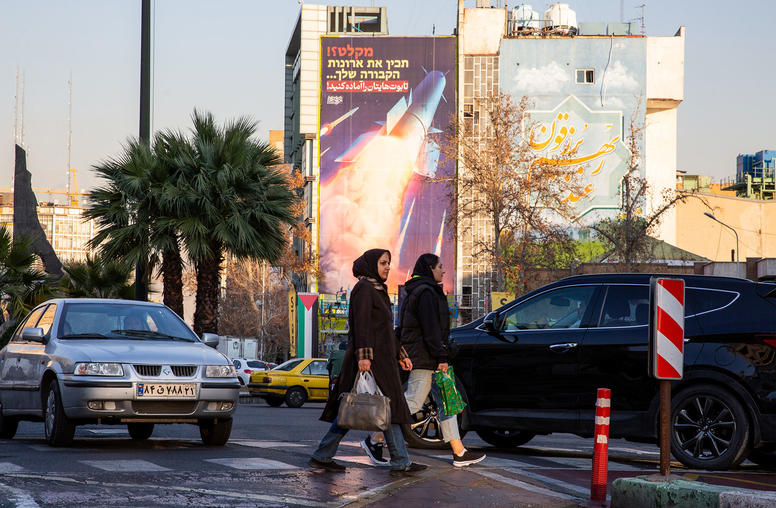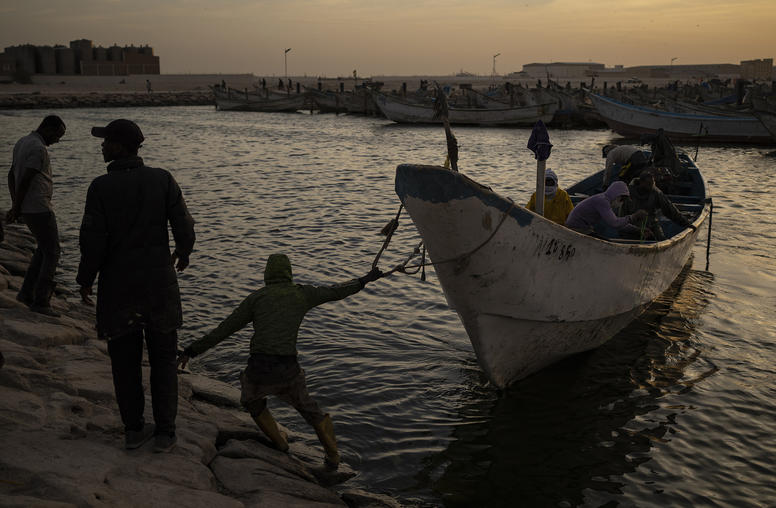The Dalai Lama: To End Violence, Engage Youth
Read the Event CoverageHis Holiness the Dalai Lama campaigns not only for an end to violent conflict, but for the particular role of youth in achieving it. At a recent two-day dialogue in India with 28 youth peacebuilders convened by USIP, the Dalai Lama discussed ways to use universal spiritual values, such as compassion, in transforming violent conflicts into peaceful dialogue. On June 13, the Dalai Lama joined a few of these leaders at USIP to extend that discussion, which he and the youth participants say gives them new hope for their missions.
In a world that has grown more violent and younger in recent years, the deadliest conflicts are being fought in countries with unusually youthful populations—including Syria, Iraq, Afghanistan, Pakistan and Nigeria. Governments and international institutions—notably the United Nations—recognize increasingly the need to put youth leaders at the fore of both peace processes and the wider “peacebuilding” campaigns for cultural understanding and social justice. The Dalai Lama joined USIP in pursuing that goal in May at his meeting with the youth leaders, who come from 13 countries facing violent conflict, violent extremism, or both.
That meeting—at the Dalai Lama’s residence in the Himalayan town of Dharamsala—was “a singular event", Washington Post columnist Michael Gerson writes. On June 13, USIP held a continuation of that Dharamsala dialogue, led by the Dalai Lama and youth leaders. Continue the conversation on Twitter with #DalaiLamaUSIP.
Speakers
His Holiness the Dalai Lama
Nancy Lindborg
President, U.S. Institute of Peace
Michael Gerson
Columnist, The Washington Post
Soukaina Hama
Deputy Director, Sidi Moumen Cultural Center
Casablanca, Morocco



